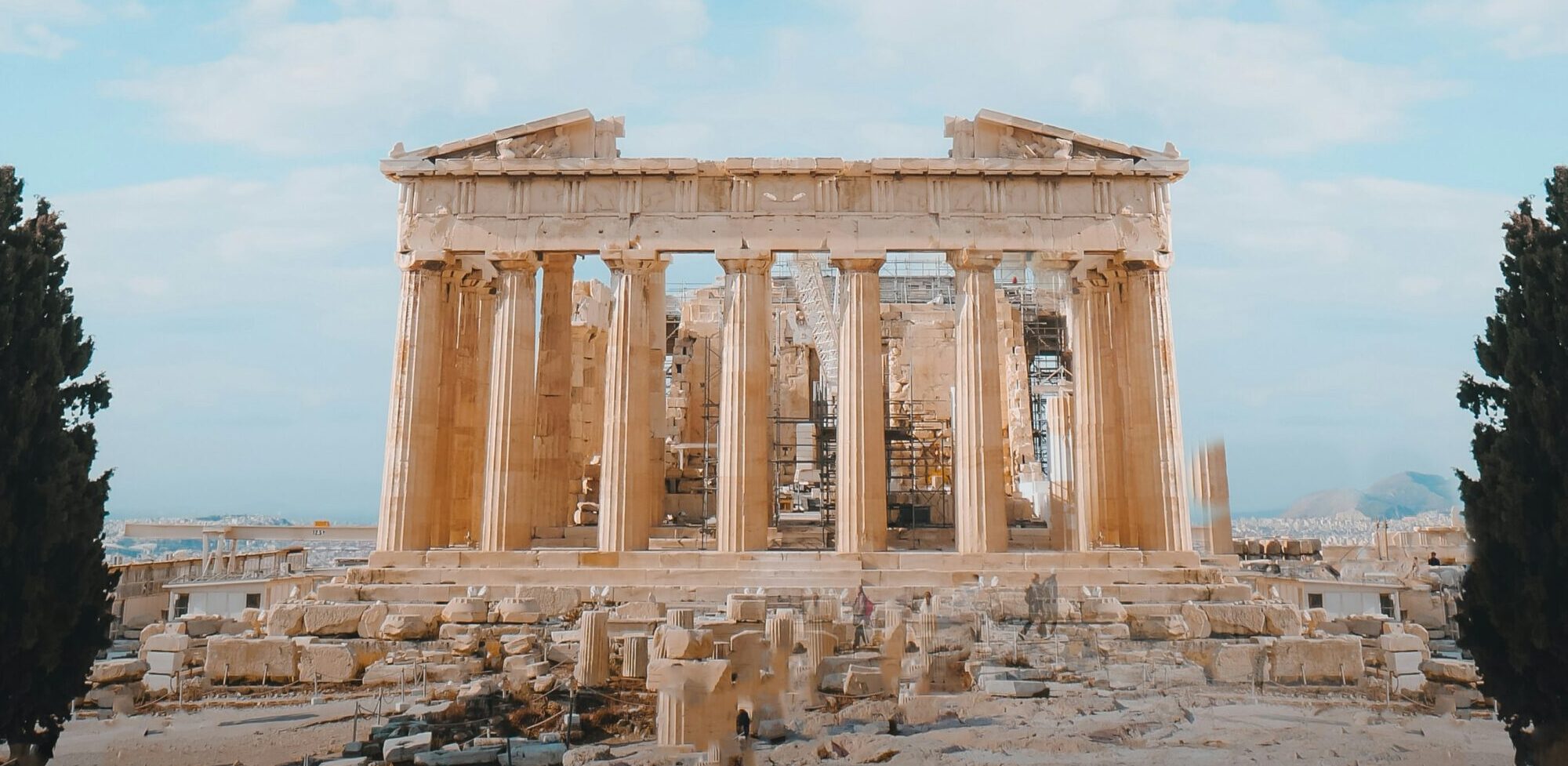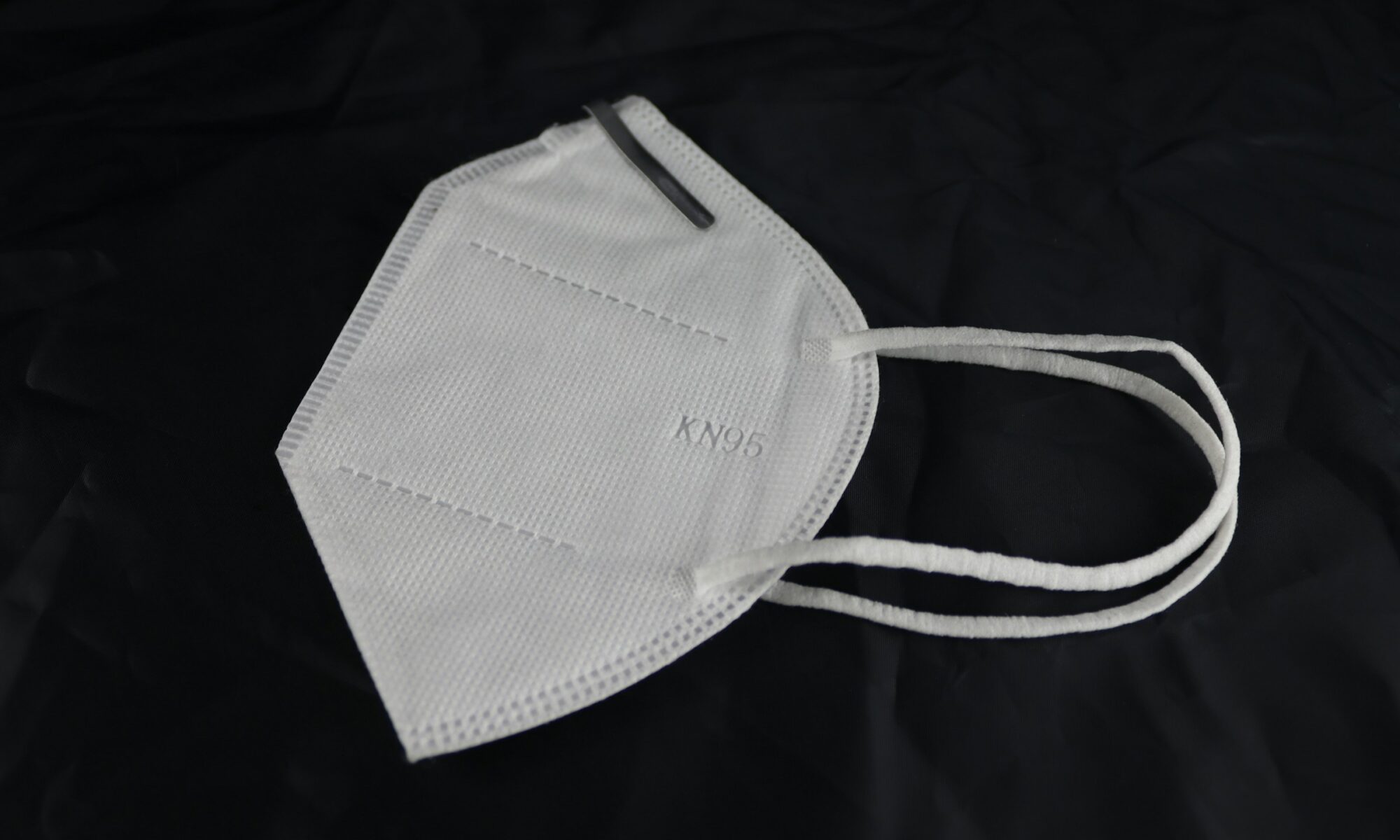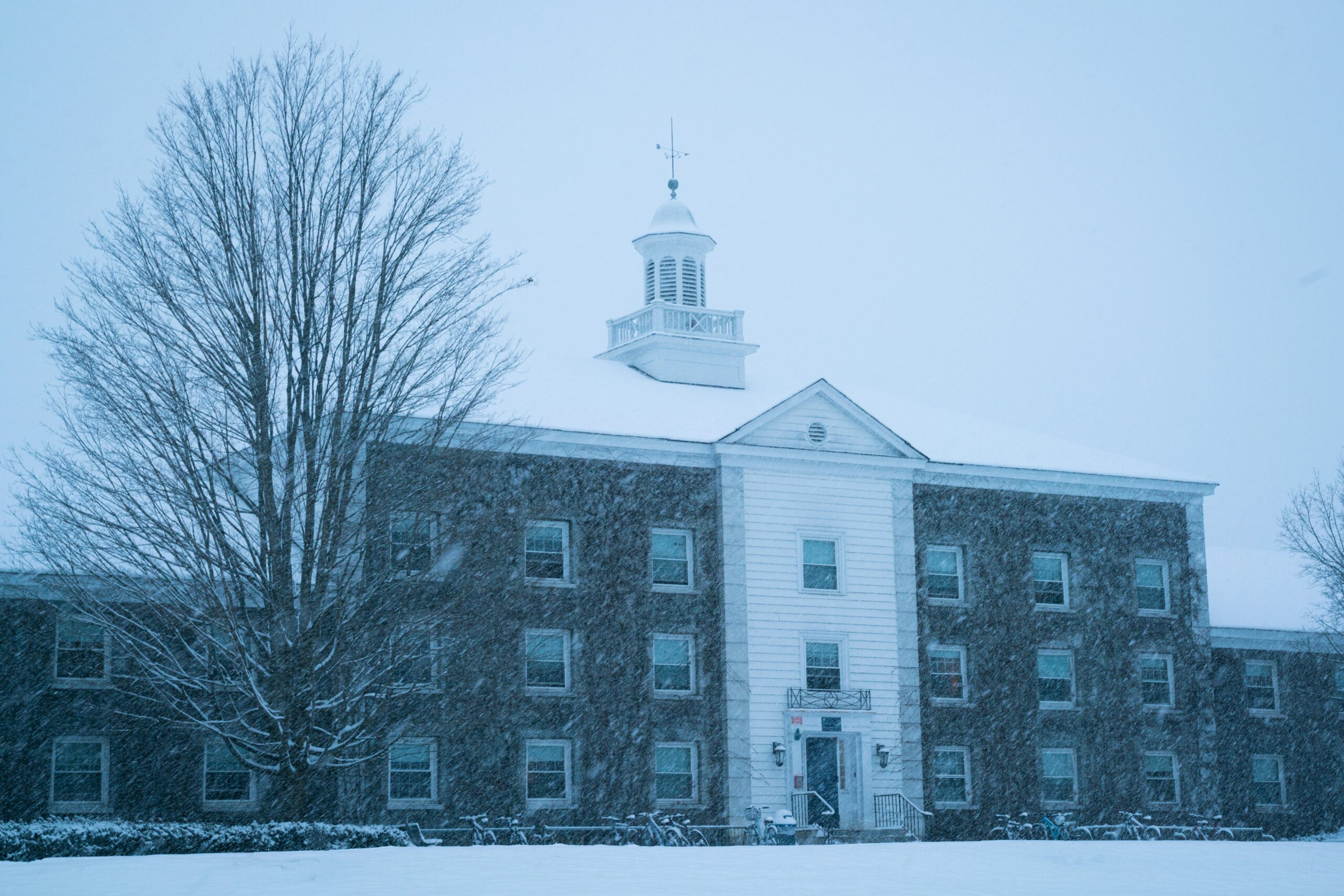In my first semester at Wesleyan, I fully embraced the liberal arts education, taking Astrophysics, Multivariable Calculus, Advanced Spanish Poetry and Greek History. My advisor told me that my schedule sounded balanced and interesting, but little did I know that Greek History would quickly become a huge problem. It was, without a doubt, the greatest challenge of my freshman year, requiring memorization of numerous names, battles, and events that all sounded the same to me. However, this difficulty led to one of the most important realizations of my life: you will never be good at everything. I know this sounds wildly pessimistic, but recognizing my weaknesses allowed me to swallow my own pride and ask for help when needed. Throughout my semester in Greek History, I would attend office hours and study with other students, keeping my own opinions and thoughts quiet as I knew I was not an expert. Through squashing my own self-reliance, I was able to learn from my peers, and make connections with others who were also struggling.
Prior to this experience, I had never relied on others to help me study. In high school, everything had come easily to me, and within my comfort zone, in Math, Physics, and Computer Science classes, I always seemed to be able to come to an answer by myself. Despite my major and future career choices likely having nothing to do with Greek History, it will still be one of the most influential classes I took, as it gave me a clear skill: ignoring my embarrassment and asking for help. Now that I am in more challenging classes, I use this skill to help me understand my work. Relying solely on others is not useful, but conversing and learning alongside others has proved invaluable to me thus far.
As I continue through college, my classes will only get more and more difficult. However, with the ability to swallow my pride and ask for help, even when it is embarrassing questions or easy problems, will allow me to gain understanding I wouldn’t get from struggling alone.






